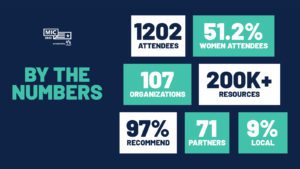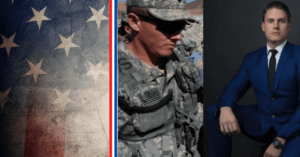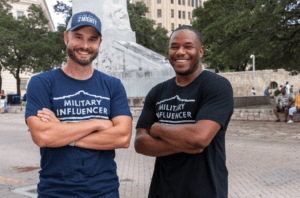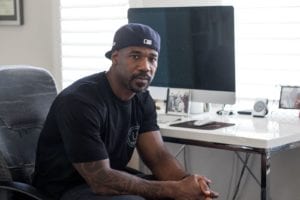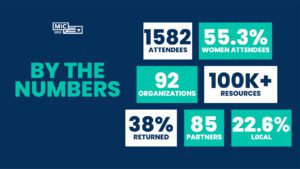
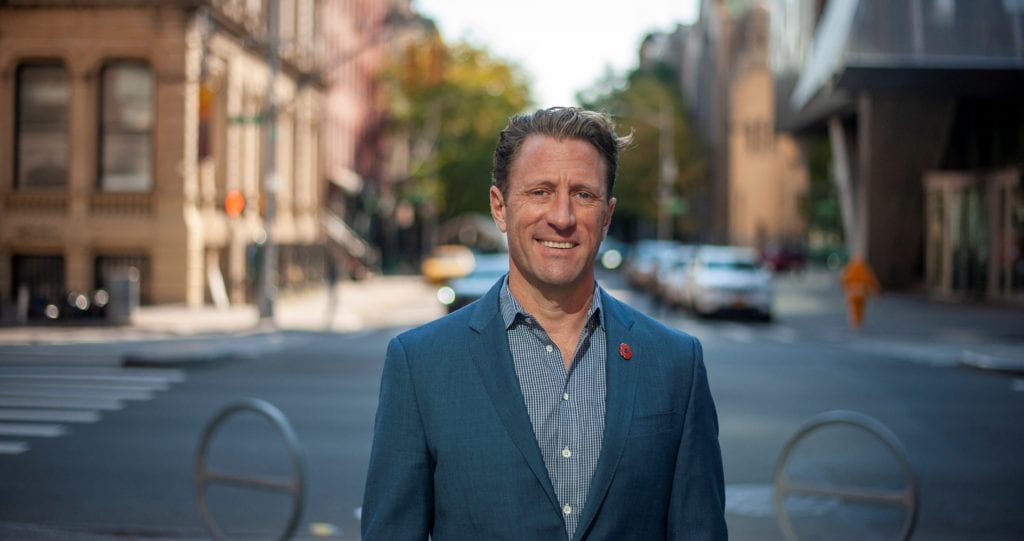
Marine Corps Officer Transitions From combat to campaigning
- by
- Melissa Stewart
You can refer to Zach Iscol as a Marine veteran, entrepreneur, CEO, advocate, and founder — and now he’s adding politician and, hopefully, comptroller to his growing list of titles. But one name you certainly can’t call this guy is “slacker.”
Iscol joined the Marines just after 9/11 and served two tours in Iraq in the infantry and Special Operations. Post-service he founded both Hirepurpose, a job search site for veterans, and Task & Purpose, an online media company covering military news and issues. To help veterans fight mental health and addiction, he also entered the nonprofit world with Headstrong Project.
This native New Yorker has grit, for sure, and he’s hoping to use some of that tenacity to win the race for NYC comptroller. If elected, he plans to lead the city to financial recovery from COVID-19 and rescue its citizens from years of “failed leadership.”
We talked to Iscol about his background and various endeavors over the years. He shared candid advice about how to translate military experience to success, no matter the chosen path.

Military Influencer Magazine: Let’s start by talking a bit about your military service. I’ve read that joining the military is something you had been thinking about since childhood?
Zach Iscol: Yes, for sure. It’s something that I always wanted to do. I grew up with a lot of family members that served. My dad came from a Gold Star family. I remember growing up, there was a dresser in my parent’s room with a top drawer I wasn’t allowed to go in filled with family heirlooms, and of course, when you’re a kid and your parents tell you not to do something you do it. It had a string of dog tags that included my father’s, my grandfather’s, and my stepdad’s and from a young age I can remember wanting to add my dog tags to that chain.
MIM: You were set on going to flight school after graduating from Cornell University. But then 9/11 happened. How did that change your plan?
Iscol: Yeah, so, I had a guaranteed spot in flight school. When I knew my class ranking was high enough at TBS to get infantry, I dropped my flight contract to go infantry. Believe it or not, I was worried that if I spent three years in flight school I would miss the war. I got that one wrong. But I also knew I wanted to lead Marines and that’s really where I wanted to be — not in the cockpit.
MIM: Reflecting on your two tours in Iraq, could you touch on a few of your biggest challenges?
Iscol: We set a standard early on that we were really going to train our Iraqi soldiers — that they would be able to fight in Fallujah. At the same time, we had to make sure that we were patrolling the local town and keeping the peace, doing the training and keeping the base safe with patrols. Really making sure we provided them the training they needed so that if we got called to go into Fallujah, which we did that fall, that they would be ready. It’s about, are you setting a clear mission? Are you making sure your guys have the time and resources they need to accomplish it?
MIM: I am hearing training, a clear mission, relying on your fellow soldiers. Are these a few of the ways your time in the military translated into success with entrepreneurship and now getting into politics?
Iscol: Everything I have done, whether it’s building a staffing company, a digital media company, a nonprofit, you make sure everyone has the resources they need, you set a clear objective, and when you have really good people that have a clear mission, they get to work in doing it. Now Headstrong is treating 800-1,000 veterans every week. We are doing it at one-third of the cost and three times the outcomes of most others in the U.S.
MIM: Speaking of Headstrong Project, you started it because you were seeing a lot of your fellow veterans dealing with suicide and mental health — and trouble finding resources for help?
Iscol: Yes, see, at the time the VA was very regimented in protocol. For them, they are very interested in, ‘We are going to diagnose you with PTSD, here are your 14 sessions of cognitive-behavioral therapy.’ But the fact is there a lot of treatments that work, but it has to be individually tailored because people are coming with different childhood experiences, different types of trauma, different comorbid disorders, so you really need to be able to provide treatment that’s individually tailored.
MIM: So, after enjoying some great success post-military in the nonprofit world and as an entrepreneur, what made you want to put yourself in the running for NYC comptroller?
Iscol: There is a huge role the comptroller can play in leading NYC’s economic recovery and making sure the city is addressing issues that are solvable if we use resources wisely. We can solve homelessness in New York City, we can stop crime in New York City. All of these things are possible if we use the money appropriately.
MIM: Do you have a plan for how you would help veterans in this role?
Iscol: New York City has a ton of veterans who live here. They are affected by the state of the job market here, the quality of life in this town. We have to make New York the best place to be a veteran. Certainly, I think it’s taking a lot of the things I worked on in the military and veterans’ communities and expanding it citywide — mental health being a big one, bringing people together, getting people jobs.
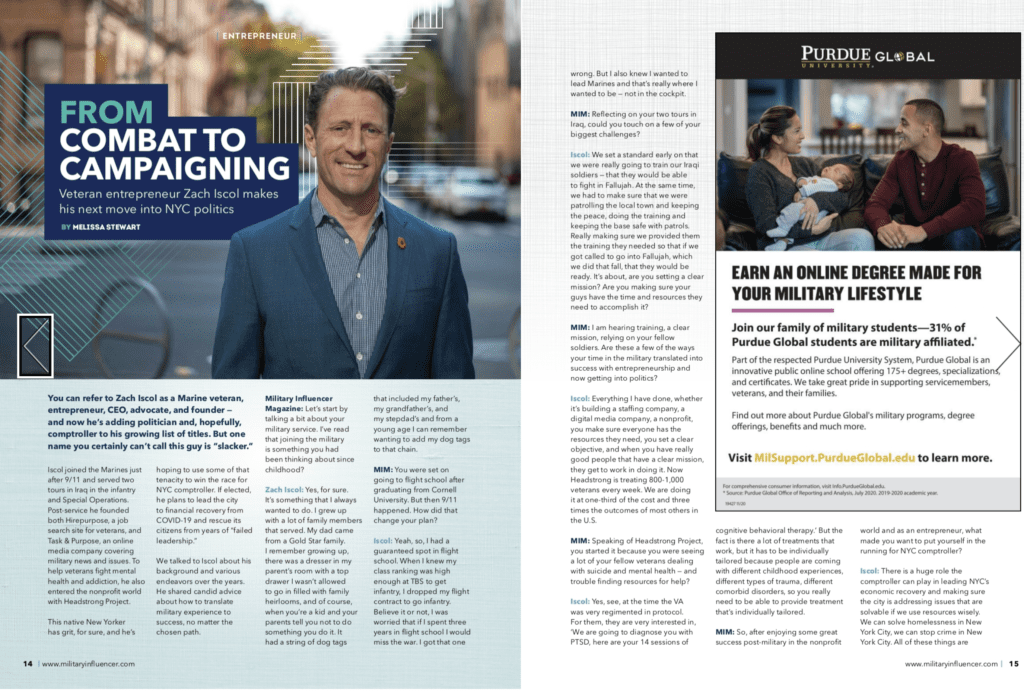
MIM: Can you offer a few pieces of advice to our readers on taking military skills and translating them to starting a business, a political career — whatever they want to do for their next step?
Iscol: Number one is no matter how old you are, don’t be afraid to take an internship. I think also, you really have to spend a lot of time exploring. One mistake a lot of veterans make is they don’t spend a lot of time studying the civilian job market or what different careers are available to them. They jump into things that are adjacent to the military or similar to what they did. Even if you are retiring at the age of 40 or 45, you are still young. It’s an opportunity to shift into an entirely new career.
Most people don’t pay attention to how much location matters in military transition. If you are really interested in a specific industry, where you end up settling down will largely determine your success.
MIM: We hope you win, but if it doesn’t work out, where do you go from there?
Iscol: (Laughing) We set fire to all of the ships. We have nowhere to go but victory.
Visit www.ZachIscol.com to learn more about Iscol’s campaign platform for NYC comptroller.
Share
Facebook
Twitter
LinkedIn
YOU MAY ALSO LIKE
MIC Updates
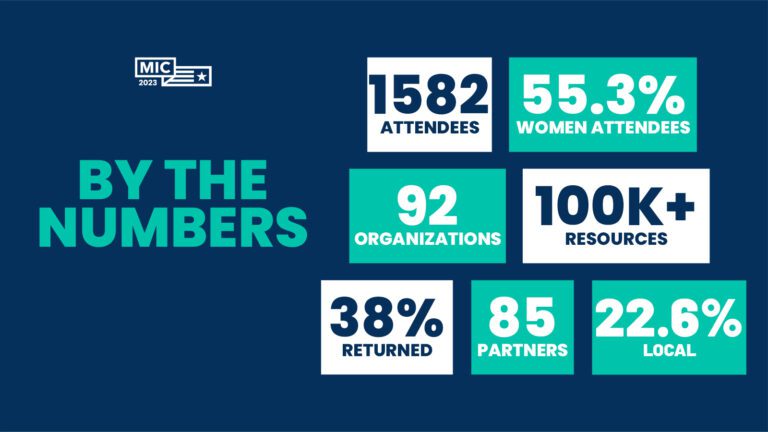
Behind The Numbers Of MIC 2023
November 15, 2023
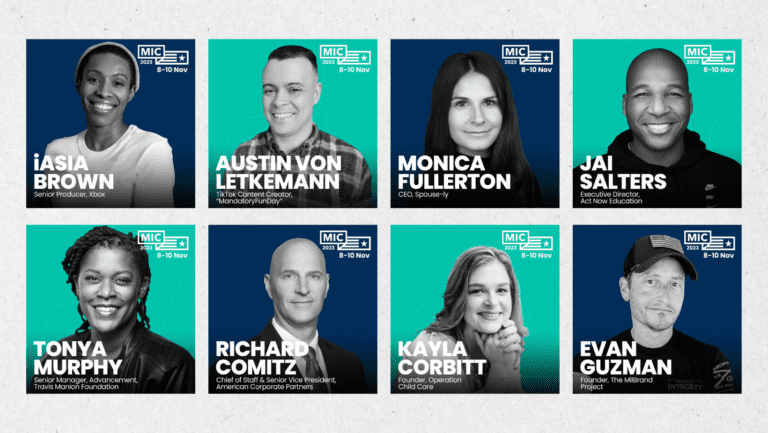
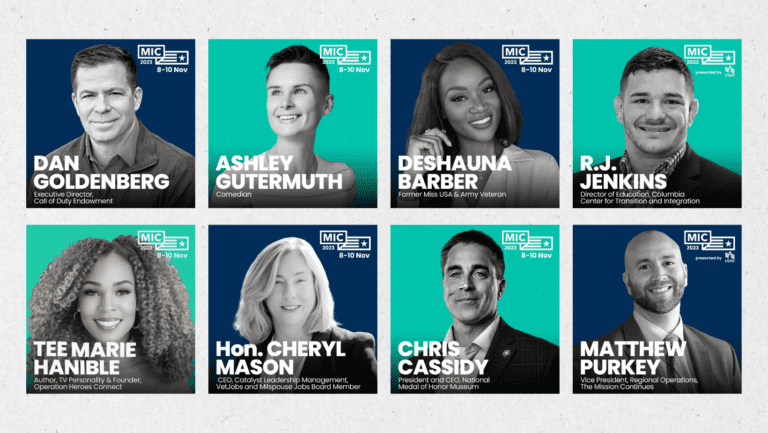
MIC Announces its First Round of Speakers for 2023
August 21, 2023


